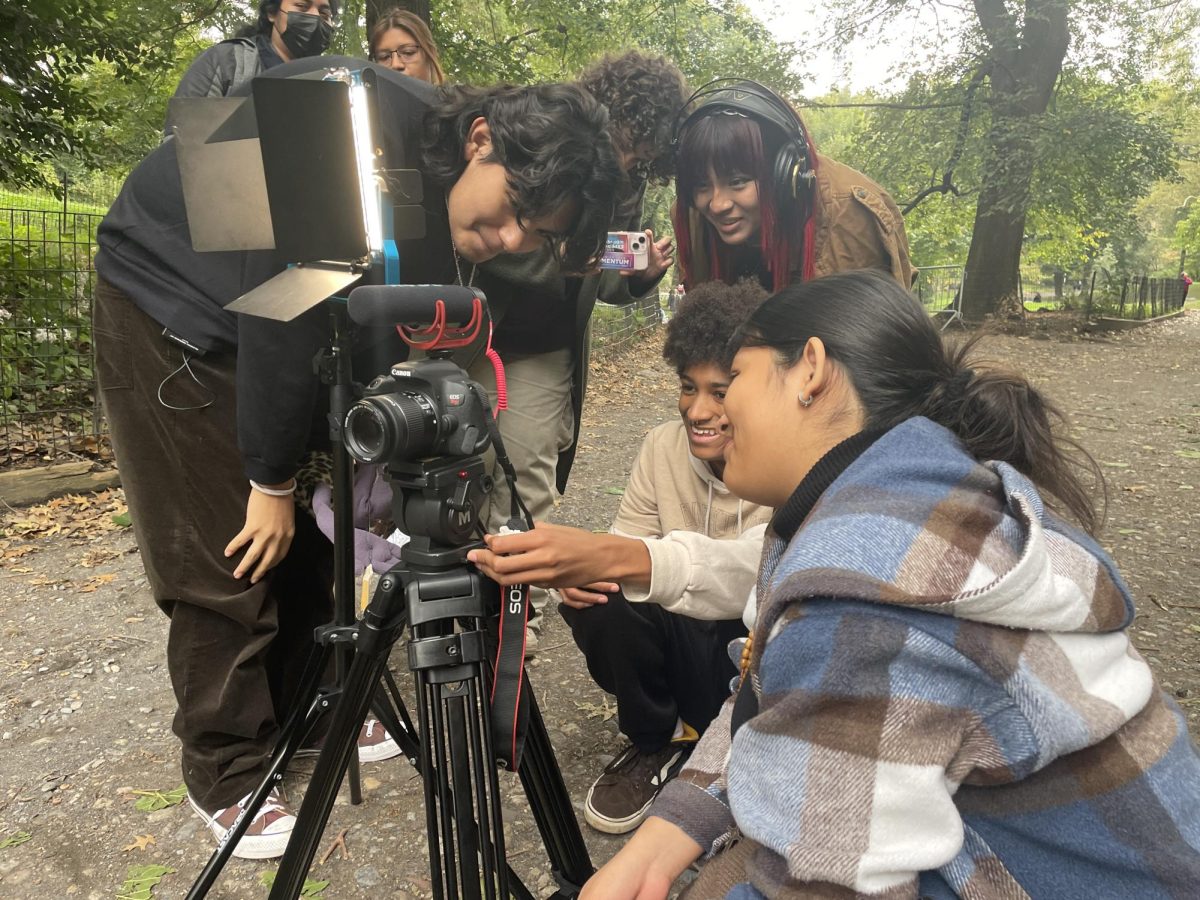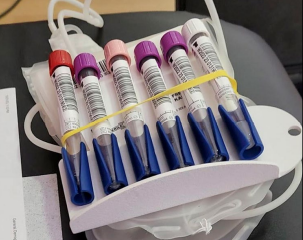Love and rejection are universal experiences that can deeply impact individuals emotionally and psychologically. In times of heartbreak and disappointment, people often turn to various coping mechanisms to heal their hearts. One such method gaining recognition is the use of animals as a source of comfort and support. This article explores the profound connection between love, rejection, and the healing power of animals.
The Emotional Impact of Love and Rejection
Love and rejection are powerful emotions that can have a significant impact on our mental well-being. When we experience love, our brains release hormones like dopamine and oxytocin, which create feelings of happiness, attachment, and connection. On the other hand, rejection triggers the release of cortisol, a stress hormone that can lead to feelings of sadness, anxiety, and even depression.
The Power of Animals
Animals, particularly pets, have long been recognized for their therapeutic benefits. The unconditional love and companionship they provide can be a source of solace during challenging times, including periods of heartbreak and rejection.
Don’t you ever feel like you need someone to play with at home when you’re bored? Don’t you hate it when your parents hire a nanny for you, but all they do is ignore you unless it’s time to eat food? You see, when parents don’t have enough money to get someone to take care of you, it’s not because they don’t want to, it’s that they can’t bring their child to work since bringing children can be chaotic. Eventually you’ll have to learn to live without them and know that in your heart, they tried to make you feel better about yourself with their presence.
Here are some ways in which animals can help in the healing process:
Emotional Support
Animals offer unconditional love and support, providing a sense of comfort and companionship. Their presence can help alleviate feelings of loneliness, sadness, and anxiety associated with love and rejection. Simply being around an animal can have a calming effect, reducing stress levels and promoting emotional well-being.
Non-Judgmental Listeners
When going through a difficult time, it can be challenging to express emotions and thoughts without fear of judgment or rejection. Animals, however, are non-judgmental listeners. They provide a safe space for individuals to share their feelings and experiences without fear of being criticized or rejected.
Physical Affection
Physical touch and affection have been shown to release oxytocin, a hormone that promotes feelings of trust and bonding. Interacting with animals through petting, cuddling, or playing can stimulate the release of oxytocin, providing comfort and promoting emotional healing.
It is not your fault to have a companion in public places.
When you need a companion for your everyday life, things could become harder for yourself sometimes. Many animals are not allowed to enter public places because their cuteness can cause a distraction. Although, that doesn’t mean that it is your fault. It’s not your fault that your companion is attracting children towards you.
When considering an animal companion for emotional support. Here is one factors to consider:
Time and Commitment
Owning an animal requires time and commitment. Consider your schedule and whether you can provide the necessary care, attention, and exercise that an animal needs. If you’re unable to make a long-term commitment, you may explore volunteering at an animal shelter or fostering animals in need.
Why would it be a good idea to have a pet rather than paying for therapy? Would it be too distracting for your child or other children?
I think it’s a good idea because having a pet is a one time purchase. You don’t have to pay for every session or a session every month, I feel like having a pet will increase your chances of becoming someone better with your health. Although there are some cons of having a pet especially if there are people constantly around you, animals can attract attention from unwanted people and it could even cause allergic reactions.
Conclusion
Love and rejection can have a profound impact on our emotional well-being, but animals have the ability to offer comfort, support, and healing. Whether it’s the unconditional love they provide, the non-judgmental listening, or the therapeutic benefits of their presence. The power of animals is backed by scientific research, demonstrating the positive effects they have on our mental and emotional well-being. When choosing an animal companion for emotional support, it’s important to consider factors such as personal preferences, allergies, living arrangements, and the level of commitment you can provide.
Learn more:

































